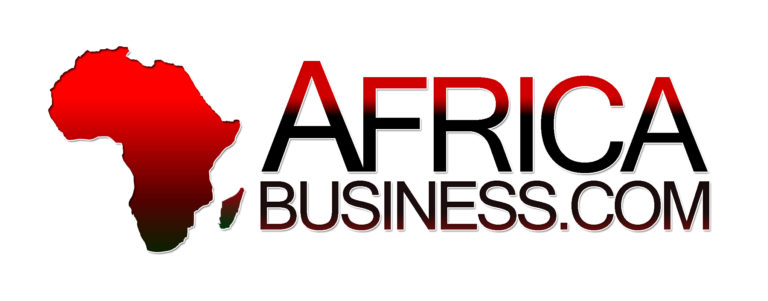According to the World Health Organization, the sale of counterfeit medication is the world’s most lucrative illicit trade. Sadly, Africa has become home to an estimated 42% of the world’s cases of trade in counterfeit medications, disproportionately affecting the most vulnerable and desperate of populations living in low- or middle-income countries.
Counterfeit malaria medication is estimated to be directly attributable to the deaths of between 64 000 and 158 000 Africans every year. According to the latest stats from the Journal of Vector Borne Diseases, the antimalarial market in some African countries comprises 88.4% fake drugs. In East and West Africa, for example, food substances (among other ingredients) have been used in place of active pharmaceutical components. These additives can create unintended and adverse effects in patients, turning a perceived cure into a poison.
“The trade in illegal medicine is driven by vendors looking to profit from the low cost of imitations. It is clear that urgent action is required to address this crisis. Government leaders in Africa would be well-advised to take a pan-African approach to the counterfeit pandemic by creating an environment in which knockoff medication becomes increasingly difficult for traders to sell” shares Michael Mynhardt, Co-Founder and CEO at MMH & Partners Africa.
Disincentivizing the illicit trade of counterfeit medicine in Africa
The need for stricter import controls and regulations will remain a critical undertaking in this regard, as such measures would curb the volume of foreign-produced fake medication entering an African country. With tighter import controls to tackle the threat from beyond their borders, local African governments and regulatory agencies should be empowered in their abilities to audit and monitor the market from within. Labs created or upgraded to perform quality control tests (overseeing the quality and authenticity of drugs) will restrict the opportunities available to counterfeiters today.
“Combining these labs’ efforts with a sophisticated and mature regulatory body that has the capacity to continuously audit and is capable of taking a data-driven response through the surveillance of trends in medication consumption should also allow for a more proactive approach” concludes Mynhardt.
Local production and manufacturing is key
Finally, the most direct way for Africans to be more assured that the capsules they are swallowing are safe, is to be assured of the source. Despite the global push for lower barriers and restrictions to free trade (by bodies such as the World Trade Organisation), most countries continue to subsidise and legislate in favour of local industries that they deem to be crucial to their nation’s social and economic security. Policymakers and investors in Africa would be wise to look to shoring up local supplies of critical drugs by producing these medications locally instead.
The renaissance of pan-African health bodies (such as the Africa CDC) bodes well for the continent’s future fight against dangerous and fraudulent medication. While this issue will require significant time, effort, and investments to resolve, it will remain a critical undertaking to prevent the continued, and needless loss of African life on the continent.

